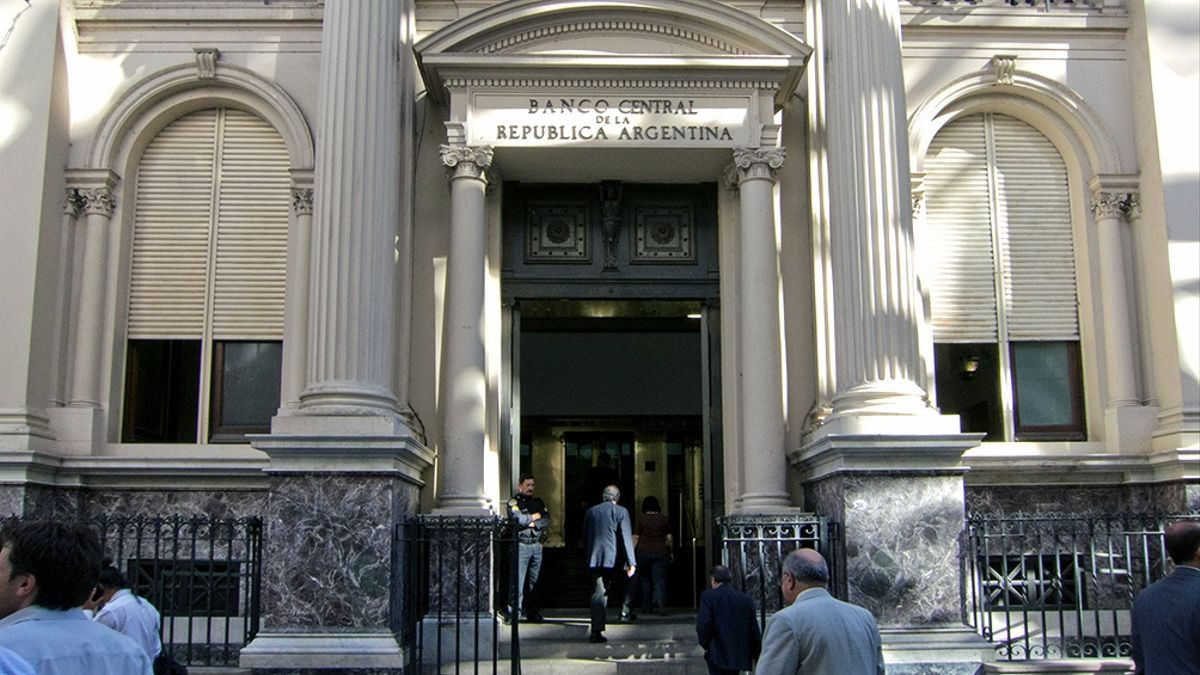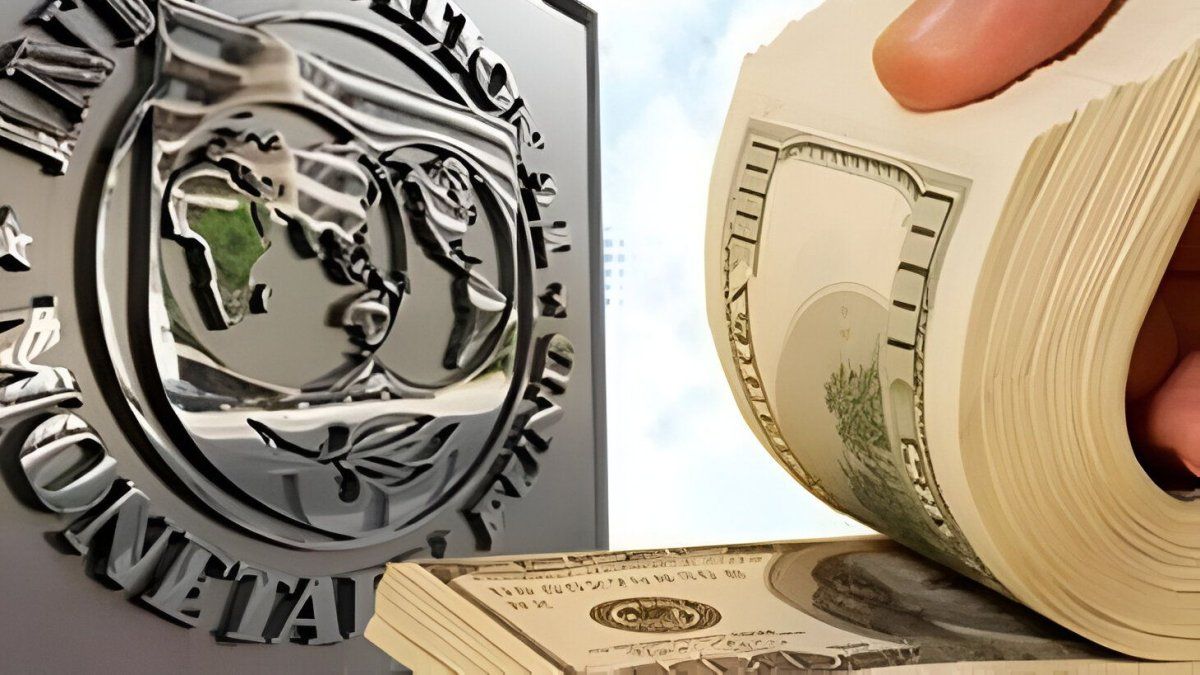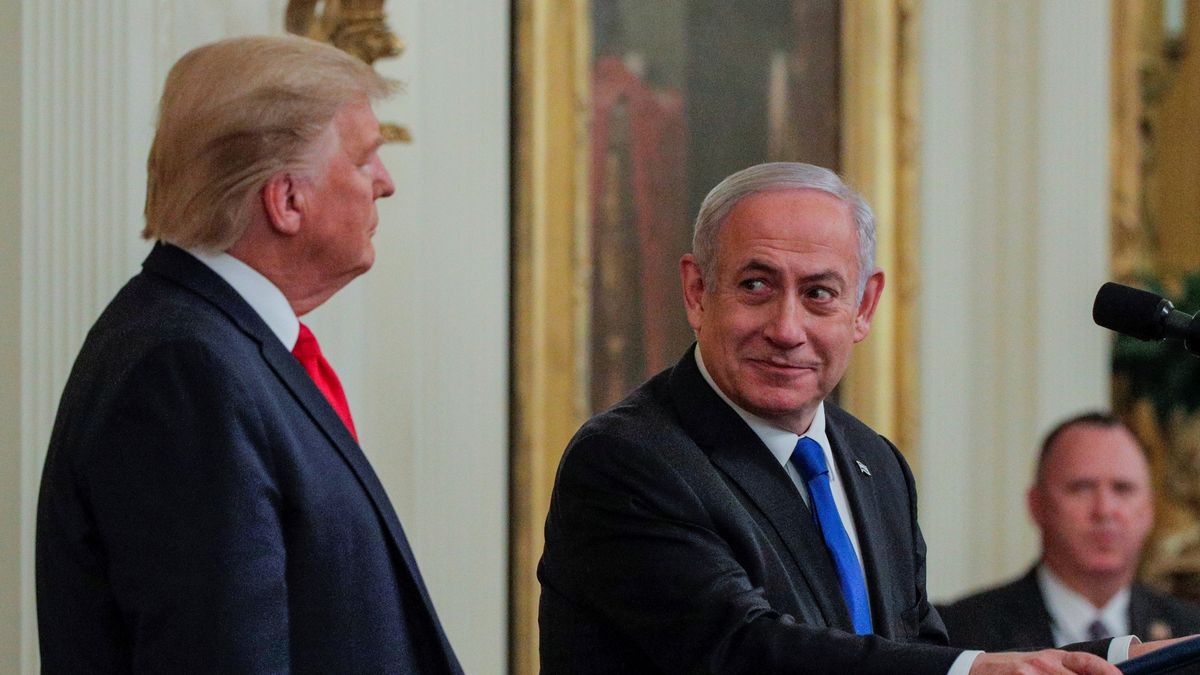As it is also expected that by the time of the visit there will be a more solid rate of purchases than the current one by the BCRA, given that it would be time for the arrival of soybean currencies, the result that will be exhibited before the organism’s technicians will be even more solid. .
This data, crossed with the level of reduction of the exchange rate gap between the official and the alternative financial prices and the blue (well below the 80% with which the account began at the time of closing the agreement with the IMF); they would allow the Government to approve the chapter of the BCRA in the major inspection. It is not a minor fact. It is known that the men and women of Washington have the Central always in their sights, so the meeting with Pesce is transcendent. More if the results when facing the visitors is surplus.
The new transfer of money from the IMF is part of the agreement reached between the organization and its main shareholders during the last meeting of the G20 in Rome in October last year. In this framework, it was Guzmán himself who pressed for a new transfer of money to help low-income and middle-income countries face “structural challenges such as climate change and pandemics.” The block gave the guarantee and the order to Kristalina Georgieva to put together the structure of the new loans; those that were finally enabled last week to return to a term of 20 years at a preferential interest rate of less than 4.05% regulation (still to be defined) and will begin to pay 10.5 years after delivery.
The money would be enabled from May 1, it would have the technical name of “Resilience and Sustainability Fund” and the first installment will be settled in October 2032. This money would be used exclusively to obtain cash so that developing countries and with a medium and low level of income, they can face the end of the pandemic and the prevention of new outbreaks of covid-19; in addition to funds to invest in the preparation of public infrastructure for the consequences of climate change.
As the money is fungible, and the IMF will only ask for the destination of the investment over time, for five years the states will be able to use that money for other goals. In the Argentine case, it will be to reinforce reserves before the Fund’s own missions that the money will turn over. Over time, other goals linked to pandemics and climate change will begin to be investigated. This trust will manage funds for some US$45,000 million, and completes the first total disbursement of some US$650,000 million that the agency already distributed in August last year, and for which Argentina received some US$ s4,350 million that were destined to pay the Fund itself in September and December of last year, and that were returned after the agreement was closed on March 25.
The trust that was activated last Wednesday was claimed by Guzmán before Georgieva in the bilateral meetings that the minister held in Rome; request that also had the endorsement of Pope Francis. The head of the IMF brought the concern to the summit, a project that was finally approved by the central states. The Fund was called to implement it, which was finally announced last Wednesday so that it can begin to be applied from May 1. It is assumed that the first week of next month the almost US$1.3 billion corresponding to Argentina will already be turned over to the BCRA’s coffers. If everything goes as the government believes, the money will remain in the same account until August, when IMF technicians return to the country for the second time this year, in this case for the next mission.
Source: Ambito
David William is a talented author who has made a name for himself in the world of writing. He is a professional author who writes on a wide range of topics, from general interest to opinion news. David is currently working as a writer at 24 hours worlds where he brings his unique perspective and in-depth research to his articles, making them both informative and engaging.




